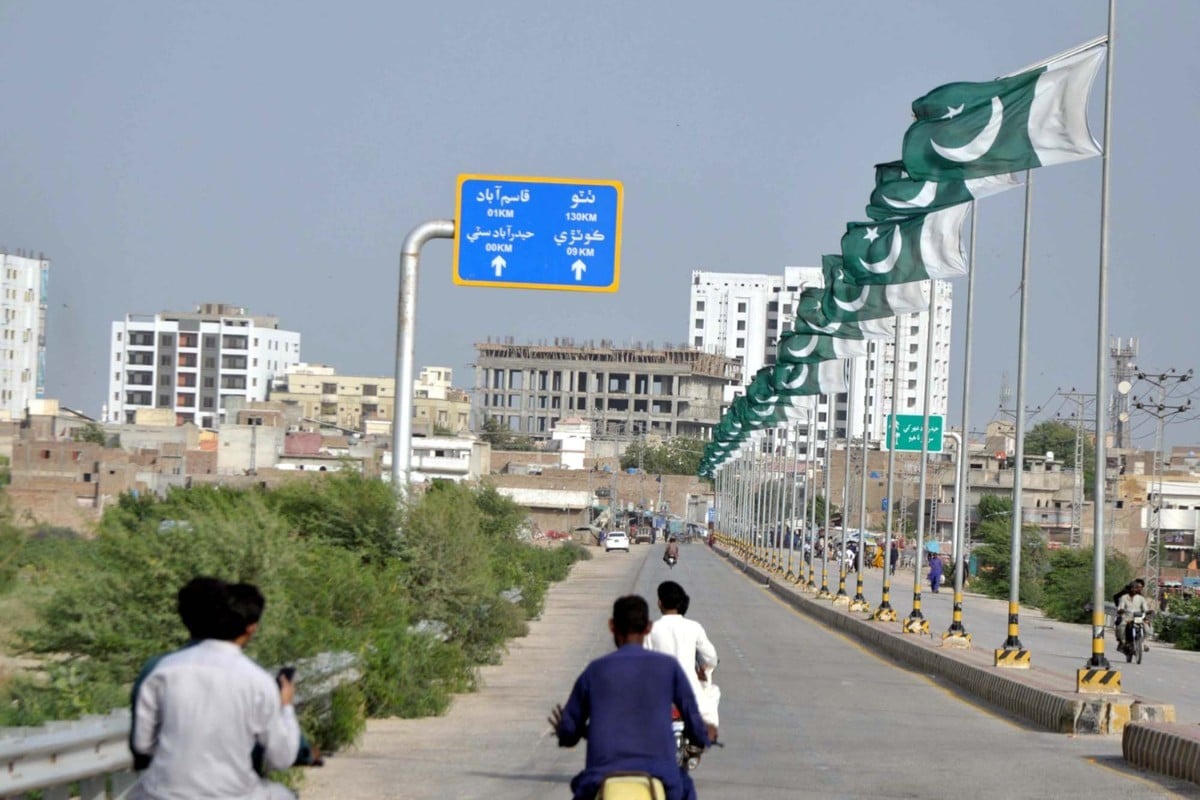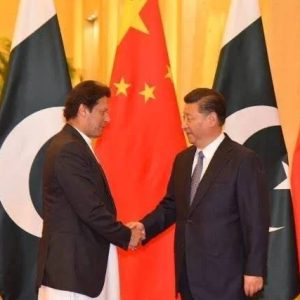Pakistan is likely to miss the bailout package by the International Monetary Fund (IMF) that is required to protect the cash-strapped country from default….writes Dr Sakariya Kareem
Pakistan stares at a bigger economic crisis as the aggrieved political instability after the inconclusive election results has thrown the country into chaos and hopelessness.
The government formed through a coalition of dissonant political parties will lead to policy paralysis, obstructing crucial economic reforms. All this would be detrimental to the country’s economy, which is already suffering from an array of problems such as hyperinflation, unsustainable external debts, and low levels of foreign reserves.
Pakistan’s debt profile raises an alarm thanks to unsustainable borrowing and spending patterns. The debt per capita has increased by 36 percent between 2011 and 2023 while the GDP per capita decreased by 6 percent during the same period.
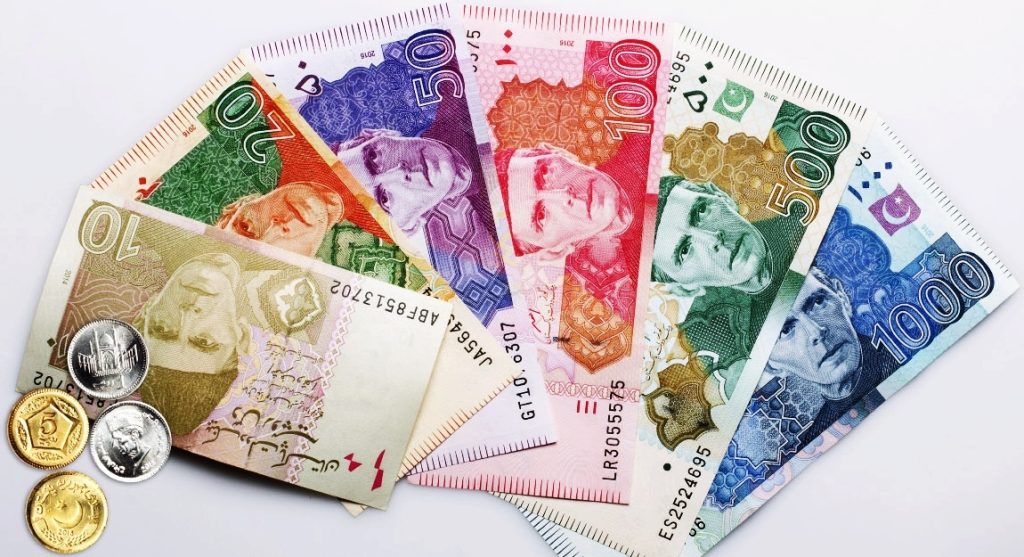
The widening financing gap has necessitated further borrowing. Against such a backdrop, the ongoing political instability, which may affect the external financing flows, is going to hurt Pakistan’s economic trajectory in the longer term, cautioned Fitch Ratings, a global credit agency.
This means Pakistan is likely to miss the bailout package by the International Monetary Fund (IMF) that is required to protect the cash-strapped country from default. “Continued political instability could prolong any discussions with the IMF, delay assistance from other multilateral and bilateral partners, or hamper the implementation of reforms,” Fitch Ratings noted.
Pakistan People’s Party (PPP) has announced conditional support to the Pakistan Muslim League-Nawaz (PML-N) to form a new government. However, the rival Imran Khan-led Pakistan Tehreek-e-Insaf (PTI) too is trying to come to power by allying with a few smaller parties.
Now Pakistan faces high tensions and a political slugfest, the first victim seems to be its economy.
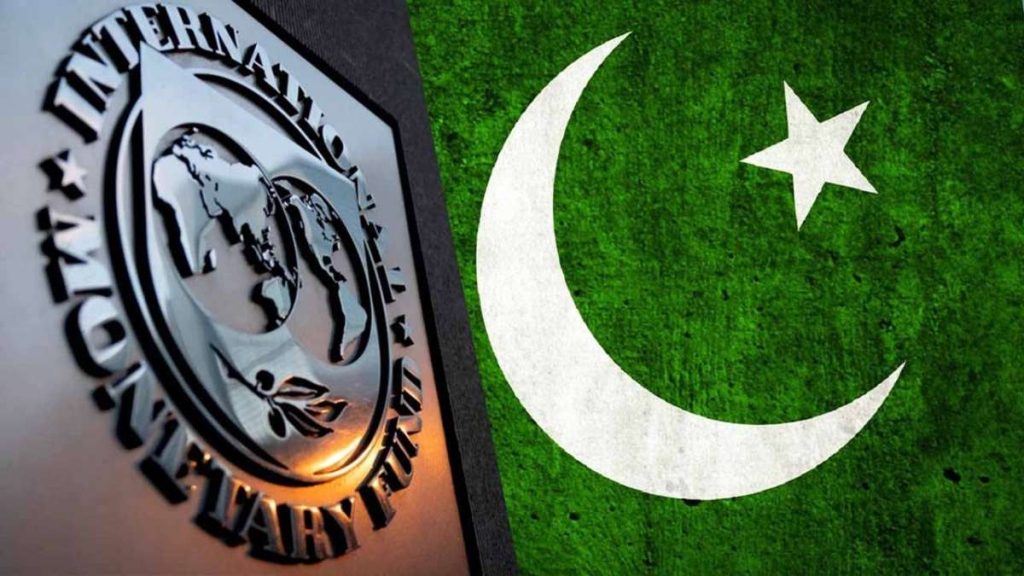
Pakistan had protected itself from a default last year thanks to a USD 3-billion bailout from the IMF. However, it needs to renew the IMF support by March, which seems challenging amid political instability.
Amreen Soorani, head of research at Karachi-based JS Capital, said “Lack of clarity has always been a killer for the market as it leaves existing and prospective investors indecisive on outlook.” Pakistan is set to see more instability in the near future.
Islamabad-based think tank Tabadlab called Pakistan’s borrowing and spending habits “unsustainable” as Pakistan USD 49.5 billion in debt maturities in 2024 and its economy’s ability to grow or increase output is constrained. “This is unsustainable. Unless there are sweeping reforms and dramatic changes to the status quo, Pakistan will continue to sink deeper, headed towards an inevitable default, which would be the start of the spiral” reads the latest report by the think tank.
Pakistan Army is often blamed for dominating national decisions, interfering the civilian government affairs, and even influencing electoral results. This time however people of Pakistan have defied the army, said Hina Jilani, Chairperson of the Human Rights Commission of Pakistan. “Things are still very fluid post-election, and that in itself shows how this period is not going to be a very stable one,” she said. The current political situation does not favour any hope or stability for Pakistan, Jilani added.
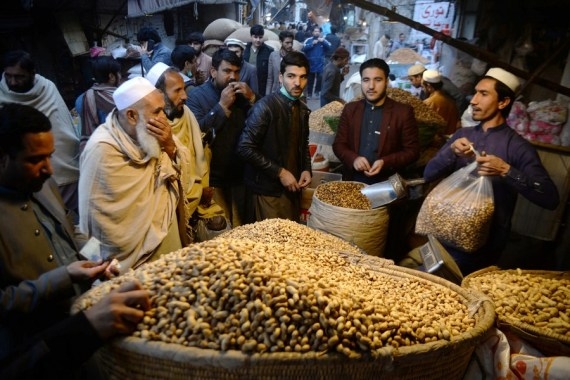
Syed Munir Khasru, chairman of the international think tank IPAG Asia-Pacific, said the next prime minister of Pakistan will have to walk on a tightrope as the government could collapse while making hard decisions for economic recovery. “The next prime minister will have to accommodate the demands of coalition partners while confronting economic crises,” he said.
If Pakistan seeks to get another IMF bailout, it will have to implement more austerity measures, which will translate into reducing subsidies on essential commodities. “Imposing draconian economic measures on an already struggling population will not be easy… We can expect serious social unrest down the road,” said Claude Rakisits, a visiting research fellow at the Brussels-based Centre for Security, Defence and Strategy.
Around 40 percent of people in Pakistan live below the poverty line. The IMF conditions are hard to meet as Pakistan has been witnessing unbearable inflation, which hovered around 30 percent in the past year. The elections in Pakistan were supposed to bring stability to the country. However, the inconclusive election results have rather added to the political instability, which can harm Pakistan’s economy in the long term.
ALSO READ: SPECIAL: Minority Rights and Electoral Dynamics in Pakistan


